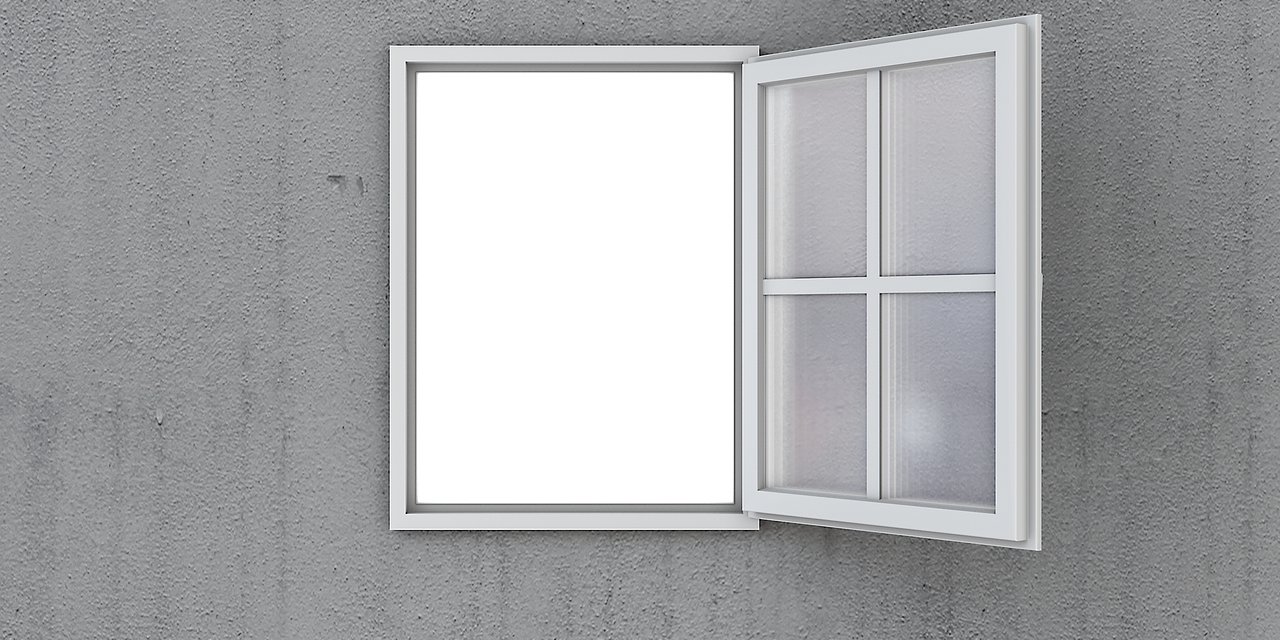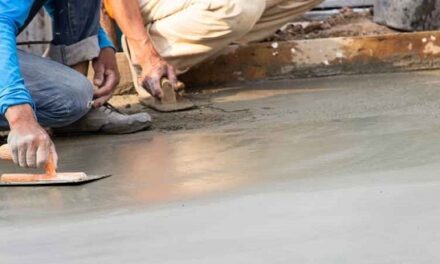A sound free home produces a sound mind. But how true is that, and how necessary is it to make sure that your home is soundproof?
Why Use Acoustic Doors and Windows
Having a home or at least one room in your home that is soundproof is vital in ensuring the quality of life and a better sleep schedule, especially for those that live in noisy neighbourhoods, bustling cities or the loud suburbs. If making an entire home or room soundproof is too much hard work or seems expensive, the next best thing to do is make sure that all the direct entry ways for sound are blocked off as best as possible. The main paths of entry for noise and sound waves are through the gaps between doors and windows. Thus, installing or building soundproof doors and acoustic windows are critical to reducing the sound that enters your home from the loud outdoors.
Aside from protecting those living at home from loud noises and disturbances, these are also outstanding installments in an office environment. Studies have shown that those who work in quieter environments are proven to be more productive and organized than those surrounded by loud machinery or distracting office noise.
Ways to Build an Acoustic Door
Installing a brand new heavy soundproof door is almost always out of the question for the inconvenience and the expenses aspects of the project. This leads one to experiment and search for ways to build soundproof doors at home. Any entry can be turned into a functioning acoustic door with the right tools and materials. The central panel of the doors needs to be structurally strengthened to block off any noise from entering, as well as padded with an insulation layer to absorb as much sound as possible.
The gaps around the door then need to be sealed using weather stripping tape, door sweeps, or spray foam to prevent sound from leaking through these gaping pathways. The central gap that allows most of the sound to enter a room is between the door and the floor, which can be blocked off using a door gasket. Some of the materials that can soundproof the door panel are wood boards, foam boards, mass loaded vinyl sheets, soundproofing blankets, soundproofing panels, solid core doors or soundproofing composite material.
Acoustic Windows vs Triple Glazed Glass
While thinking of options to make your room more soundproof, one may come across the confusion of what kind of window to be installed that will prevent sound from the outside world from entering the home or vice versa. One of the main options in this discussion is acoustic windows and triple glazed glass windows. First and foremost, one needs to understand the structural composition and differences between the two. Acoustic glass is made up of two panes of glass and an insulation layer between these layers built to absorb sound vibrations. On the other hand, triple glazed glass is made up of three layers of glass with pockets of argon gas between each layer.
The latter is more efficient in thermal maintenance or keeping your house warm on winter nights, whereas the former is used to considerably reduce the amount of noise that travels through the surface and thus makes the room quiet. Acoustic windows are also a great choice compared to standard glass as it is more robust and can prove effective against break-ins. Although the triple glazed glass option also reduces the amount of sound that enters the room due to its multi-layered construction, anyone planning on making the room as soundproof as they possibly can opt for acoustic windows.






